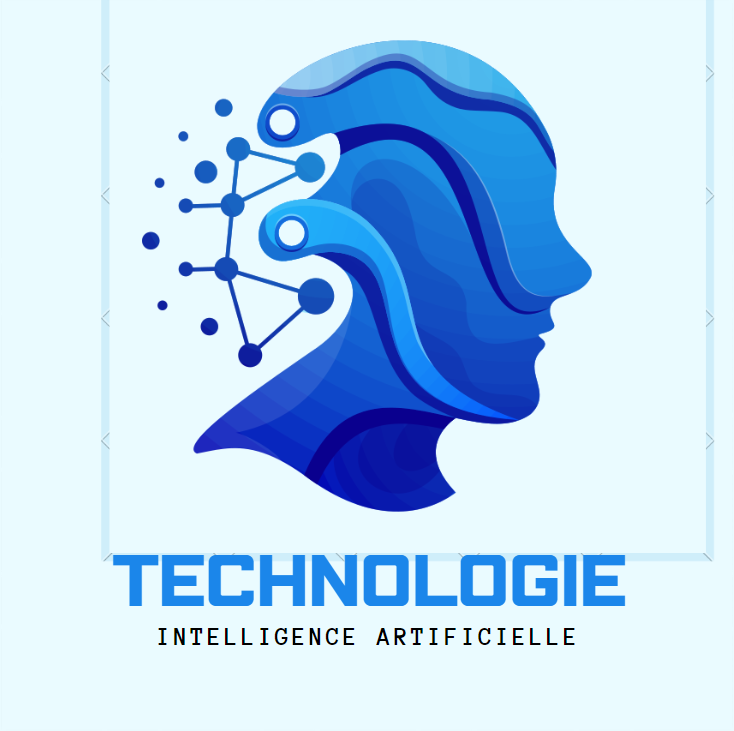Agile Manifesto for Software Development
The Agile Manifesto for Software Development is a foundational document that outlines the core values and principles of the Agile approach to software development.
It was created in 2001 by a group of software developers who sought to address the limitations of traditional, plan-driven development methodologies.
what is agile method ?
An Agile method is an approach to project management and software development that emphasizes flexibility, collaboration, iterative development, and customer feedback. Agile methods contrast with traditional, plan-driven methodologies by prioritizing adaptability and responsiveness to change over rigid planning and documentation.
How many agile principale are there in the agile manifesto ?
There are 12 principles outlined in the Agile Manifesto. These principles serve as guidelines for teams practicing Agile software development and further elaborate on the four core values. They emphasize concepts such as customer satisfaction, iterative development, self-organizing teams, continuous improvement, and adaptability to change. These principles provide a framework for Agile teams to deliver high-quality software that meets customer needs effectively.
what does agile mean in software develoment?
In software development, "agile" refers to an iterative and flexible approach to project management and software development. Agile methodologies prioritize collaboration, customer feedback, and the ability to respond to change over rigid planning and extensive documentation.
Key characteristics of Agile software development include:
- Iterative Development: Work is divided into small increments or iterations, with each iteration typically lasting 1-4 weeks.
- Collaborative Approach: Agile encourages close collaboration between cross-functional teams, including developers, testers, designers, and business stakeholders. Communication is emphasized through regular meetings and interactions.
- Customer Involvement: Customers or stakeholders are involved throughout the development process, providing feedback on each iteration to ensure that the product meets their needs and expectations.
- Flexibility and Adaptability: Agile teams prioritize responding to change over following a rigid plan. Requirements and priorities may evolve throughout the project, and Agile methodologies provide mechanisms for incorporating changes efficiently.
- Continuous Improvement: Agile promotes a culture of continuous improvement, where teams reflect on their processes and practices at regular intervals (e.g., through retrospectives) and make adjustments to enhance productivity and quality.
Overall, Agile methodologies aim to deliver value to customers quickly and frequently, while also fostering a collaborative and adaptable work environment for development teams.
whay is agile important?
Agile is important in software development and project management for several reasons:
- Customer Satisfaction: Agile methodologies prioritize delivering value to customers quickly and frequently. By involving customers throughout the development process and adapting to their feedback, Agile teams can ensure that the final product meets customer needs and expectations effectively.
- Flexibility and Adaptability: Agile methodologies are designed to accommodate change and uncertainty. By breaking work into small, manageable increments and iterating frequently, Agile teams can respond quickly to changing requirements, priorities, and market conditions.
- Improved Quality: Agile practices such as continuous integration, automated testing, and frequent reviews help to identify and address issues early in the development process, leading to higher quality software and fewer defects.
- Increased Collaboration: Agile methodologies promote collaboration and communication among team members, stakeholders, and customers. By working closely together and sharing responsibility for project success, Agile teams can harness the collective expertise and creativity of the entire team.
- Faster Time to Market: Agile methodologies enable faster delivery of valuable features and functionality through iterative development and frequent releases. This allows organizations to respond more quickly to market opportunities and stay ahead of competitors.
- Employee Satisfaction: Agile methodologies empower teams to make decisions, solve problems, and continuously improve their processes. This autonomy and sense of ownership can lead to higher job satisfaction and motivation among team members.
Overall, Agile methodologies help organizations to deliver high-quality software that meets customer needs efficiently, while also fostering a collaborative and adaptable work environment that supports innovation and continuous improvement.
conclusion:the Agile Manifesto encapsulates a fundamental shift in software development philosophy, advocating for a customer-centric, collaborative, and adaptable approach. By prioritizing individuals and interactions, working software, customer collaboration, and responding to change, the manifesto provides a solid foundation for Agile methodologies.
التسميات
Software Development

